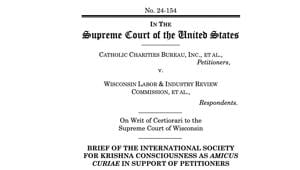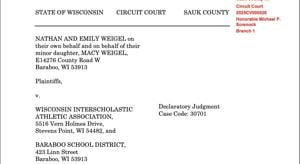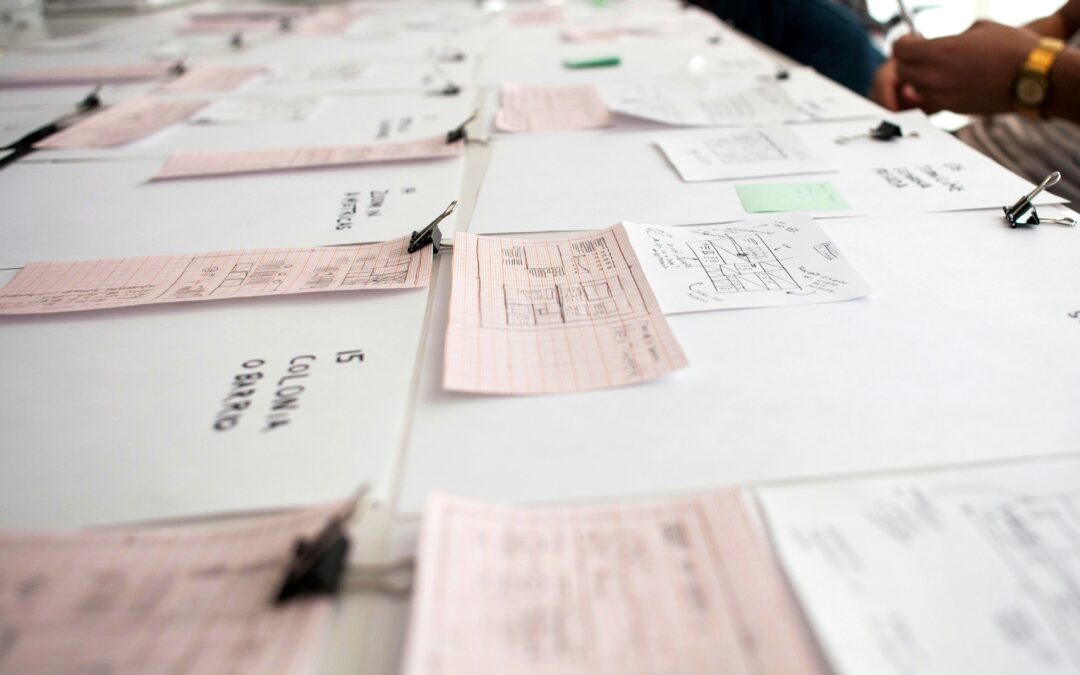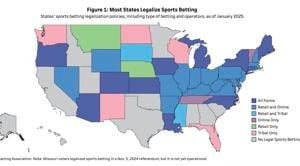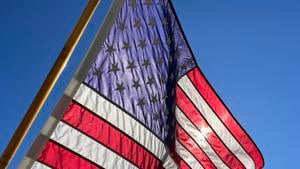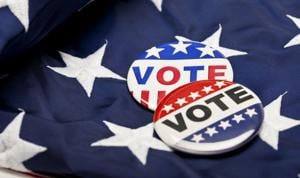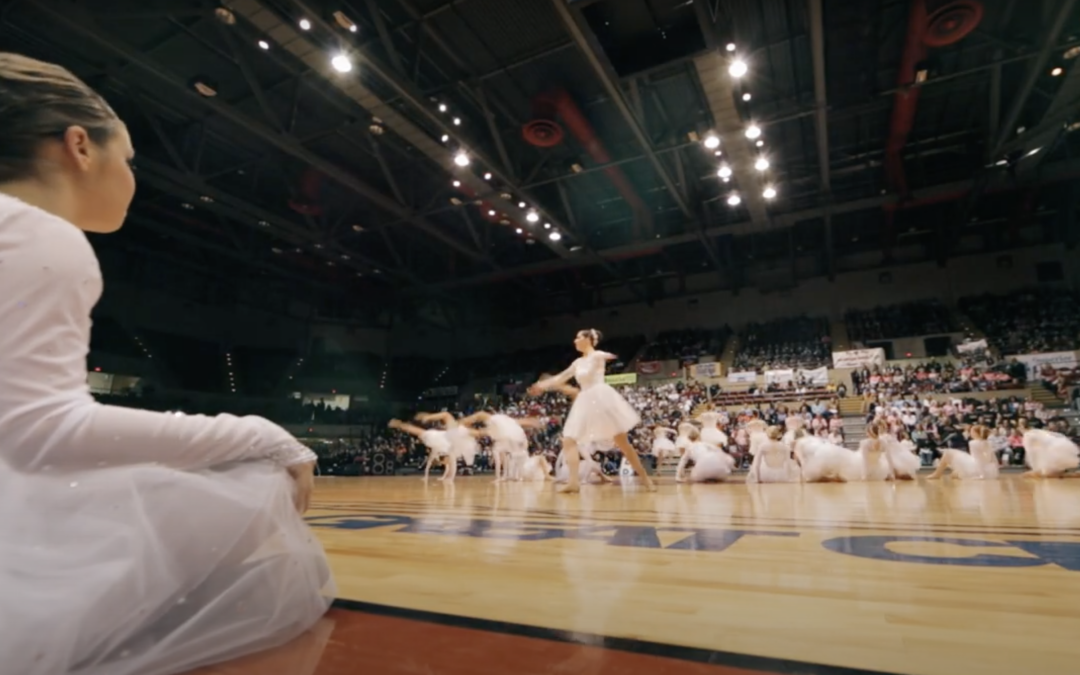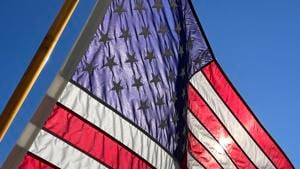(The Center Square) – A coalition of House Republicans has filed two amicus briefs supporting President Donald Trump’s executive order ending birthright citizenship for the children of illegal immigrants.
The lawmakers asked a federal court in Washington and another in Massachusetts to deny Democratic states attorney generals’ requests for a preliminary injunction on Trump’s order, which those states and dozens of others claim violates the Constitution.
The citizenship clause found in the 14th amendment states that “all persons born or naturalized in the United States, and subject to the jurisdiction thereof, are citizens of the United States.”
That phrase has been interpreted over the last 150 years to guarantee citizenship to any child born in the United States – with a few exceptions – regardless of whether the mother is residing in the country legally.
But the Republican lawmakers, led by House Judiciary Committee Chairman Jim Jordan, R-Ohio, argue in the briefs that Trump’s order is indeed constitutional because the 14th amendment was meant to apply only to American citizens and recently freed slaves, not illegal immigrants and tourists who come to the U.S. explicitly to have children.
“Because the Fourteenth Amendment does not confer citizenship on the children of illegally present aliens, and because Congress has not done so by statute, the other branches cannot confer such citizenship on their own,” the brief states. “The Executive Order at issue here properly ensures that rule is followed within the executive branch, and thus the Order should not be enjoined.”
The term “jurisdiction,” they further argue, does not mean territorial jurisdiction, but national jurisdiction, which requires allegiance to the U.S. government (this is why Trump’s executive order specifically excludes children of lawful permanent residents).
The 17 U.S. representatives who joined Jordan include:
Tom McClintock from California Victoria Spartz from IndianaRobert Onder from Missouri Brad Knott from North CarolinaMark Harris from North CarolinaRussell Fry from South CarolinaBrandon Gill from TexasChip Roy from TexasLance Gooden from TexasTroy Nehls from TexasWesley Hunt from TexasBen Cline from VirginiaMichael Baumgartner from WashingtonGlenn Grothman from WisconsinScott Fitzgerald from WisconsinHarriet Hageman from Wyoming
“The Left has misused and abused birthright citizenship for too long. President Trump’s executive order must be swiftly enacted,” Gill posted Tuesday on X. “I’m proud to join @JudiciaryGOP Chairman Jordan in signing this amicus brief supporting President Trump’s executive order.”



